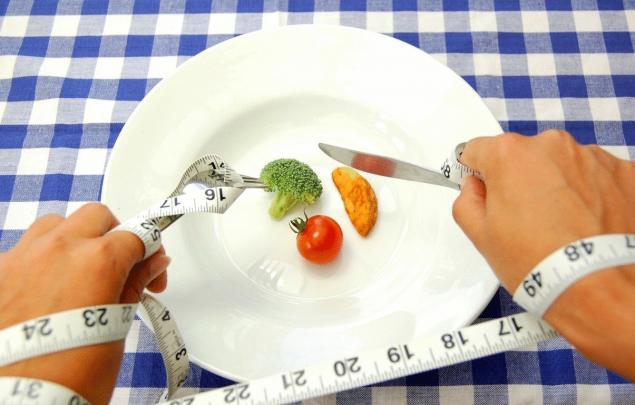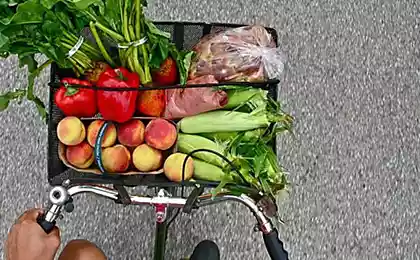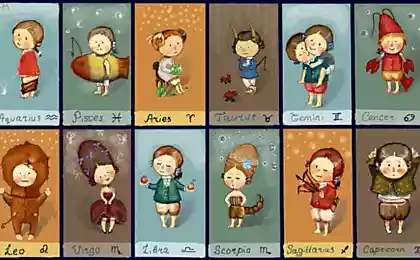610
Why diets don't work?
We don't often think about what the word "diet" really means. For most, it conjures up thoughts of the measures people take to lose weight. It is also a term used by food manufacturers to indicate that he is supposedly healthy or has less of the undesirable ingredients — usually fats, sugars or total calories. But the word "diet" indicates that you eat. We often hear people say that they are on a diet, but your diet is what you eat every day.

However, most people think of a diet as a temporary plan for weight loss. These diets contain a certain feature or topic. Some of them dictate a certain percentage of macronutrients (fats, proteins and carbohydrates) you should consume other points in specific foods, some eliminate certain foods, and some severely limit or eliminate entire food groups as a whole.

Some diets can be downright dangerous. For example, diets with extremely low calories or essential nutrients to long-term success can not have. The main problem is that many simply do not work in the long term. People often find that they can't stick to a diet for a long period of time. This is due to the fact that many diets aren't realistic, are too expensive, too complicated, or too inconvenient to use. We like foods high in fat and carbohydrates. Simply put: our taste buds and our brain is enjoying fats and sugar. Fat in food slows down stomach emptying, which helps increase feelings of satiety and fullness after eating. Many popular diets are too low in fat leave us hungry soon after eating. These extraordinarily-low-fat diets don't work because in the end, we overeat to compensate for the feeling of hunger.

On the other hand, some diets are very low in carbohydrates. These diets typically don't lead to success, because our body need a certain amount of carbohydrates to function properly. Such diets make us tired and cranky. This is because carbohydrates are the fuel needed for energy (especially for the nervous system). In addition, carbohydrates stimulate the production of serotonin, which improves mood. Another reason diets which diets don't work -too few calories. Your body needs a certain amount of calories each day to maintain normal metabolism. Your lungs, brain, heart, muscles, digestive system, nervous system and cardiovascular system all require calories. If you cut calories — your body thinks is starving and therefore tries to conserve energy. Calories are consumed in economy mode. In addition, when you lose weight you will lose muscle mass instead of fat. Muscle burns more calories at rest, your body wants to get rid of and retain fat for energy. As soon as you return to old eating habits, the weight quickly adds up back. You need to reconsider what we think about food. Instead of thinking about some hot new diet, need to think about realistic changes that we can maintain throughout life.
Read also Why we're frustrated during a diet?
Source: /users/1077

However, most people think of a diet as a temporary plan for weight loss. These diets contain a certain feature or topic. Some of them dictate a certain percentage of macronutrients (fats, proteins and carbohydrates) you should consume other points in specific foods, some eliminate certain foods, and some severely limit or eliminate entire food groups as a whole.

Some diets can be downright dangerous. For example, diets with extremely low calories or essential nutrients to long-term success can not have. The main problem is that many simply do not work in the long term. People often find that they can't stick to a diet for a long period of time. This is due to the fact that many diets aren't realistic, are too expensive, too complicated, or too inconvenient to use. We like foods high in fat and carbohydrates. Simply put: our taste buds and our brain is enjoying fats and sugar. Fat in food slows down stomach emptying, which helps increase feelings of satiety and fullness after eating. Many popular diets are too low in fat leave us hungry soon after eating. These extraordinarily-low-fat diets don't work because in the end, we overeat to compensate for the feeling of hunger.

On the other hand, some diets are very low in carbohydrates. These diets typically don't lead to success, because our body need a certain amount of carbohydrates to function properly. Such diets make us tired and cranky. This is because carbohydrates are the fuel needed for energy (especially for the nervous system). In addition, carbohydrates stimulate the production of serotonin, which improves mood. Another reason diets which diets don't work -too few calories. Your body needs a certain amount of calories each day to maintain normal metabolism. Your lungs, brain, heart, muscles, digestive system, nervous system and cardiovascular system all require calories. If you cut calories — your body thinks is starving and therefore tries to conserve energy. Calories are consumed in economy mode. In addition, when you lose weight you will lose muscle mass instead of fat. Muscle burns more calories at rest, your body wants to get rid of and retain fat for energy. As soon as you return to old eating habits, the weight quickly adds up back. You need to reconsider what we think about food. Instead of thinking about some hot new diet, need to think about realistic changes that we can maintain throughout life.
Read also Why we're frustrated during a diet?
Source: /users/1077
The most useful home appliances
Sun valley: installation of paper and wood from the creative Duo from Brooklyn























